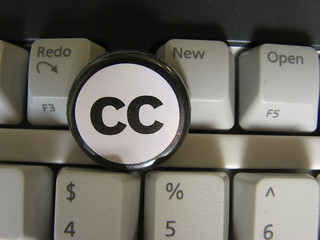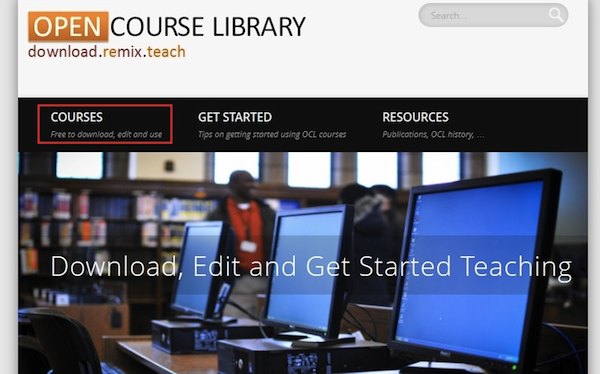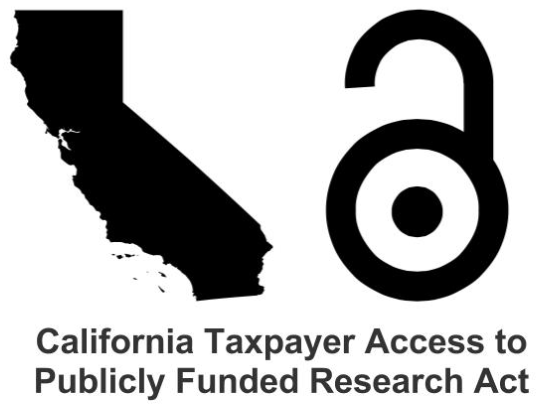Now Hiring: LRMI Project Manager
lundi 6 mai 2013 à 00:37Creative Commons is looking for a LRMI Project Manager. This person will play a key role in leading the LRMI project.
We are looking for a Project Manager to lead the Learning Resource Metadata Initiative (LRMI), a project co-led by Creative Commons and the Association of Educational Publishers to build a common metadata vocabulary for educational resources.
The LRMI Project Manager will provide general oversight of the internal project staff and subcontractors, and ensure LRMI work plans are clearly articulated and timelines adhered to.
This position:
- project manages all CC LRMI grants and deliverables;
- serves as the primary contact for all LRMI subcontractors and external stakeholders;
- leads the LRMI technical working group listserv and meetings;
- liaises with open communities, OER repositories / referatories, institutions, standards bodies, and vendors that are integrating LRMI and/or increasing the value of CC’s legal and technology tools;
- is the key player in CC’s outreach to open education organizations and broadening awareness about LRMI and CC among states and school districts;
- represents LRMI and CC at private meetings and selected conferences and events;
- reports progress on the project to CC, the open community and the Bill and Melinda Gates Foundation; and
- serves as an education expert on technology aspects of CC internally and externally.
If this sounds exciting to you, we’d love to hear from you. Check out the full job listing for more information.




